British troops have completed joint airborne training with Japan’s 1st Airborne Brigade as part of Exercise Vigilant Isles 25, a long-running bilateral drill focused on island defence, rapid deployment and shared tactics.
Paratroopers from A Company, 2nd Battalion The Parachute Regiment undertook jumps from a Japanese C130 over Enami using Japanese parachutes, part of a programme designed to deepen interoperability at the most practical levels.
The UK and Japan have steadily expanded their defence cooperation, and Vigilant Isles has become a central mechanism for developing that partnership. The exercise exposes both forces to each other’s equipment, procedures and operational rhythms, and places British troops into an environment that differs sharply from their usual training areas. That combination of unfamiliar climate, terrain and methods is used to force adaptation, a key aim of the deployment.
The JGSDF’s 1st Airborne Brigade is Japan’s only dedicated airborne formation and plays a prominent role in national contingency planning for remote island defence. Training alongside it gives British units direct insight into a force that has shaped its doctrine around rapid response in a maritime setting, with a focus on mobility and austere deployment.
Major Iain Thompson captured the thrust of the work, saying “Exercise Vigilant Isles is about British and Japanese soldiers training together to be ready to operate together. With airborne and air assault units from each nation taking part, we started out with a similar mindset and skills that helped to create a very natural partnership.”
He added that exposure to Japanese methods in demanding conditions would sharpen 2 PARA’s approach well beyond the exercise itself, noting “Training in such an unfamiliar and demanding environment and learning from how the Japanese operate in these conditions will only improve our skills.”


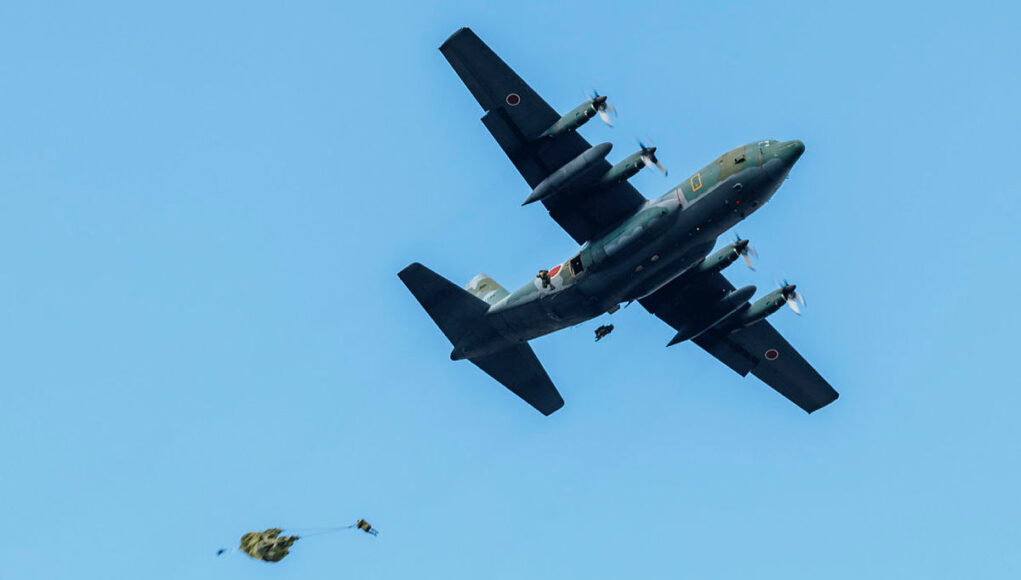

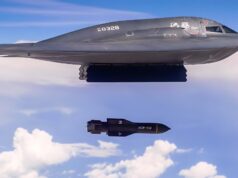
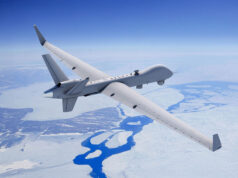




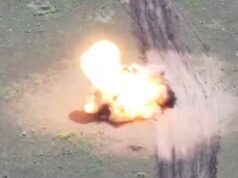

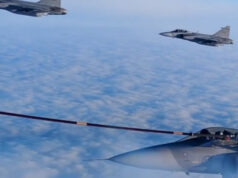

Shame we got rid of our C130’s I suppose Turkey will get decades of use out of them after we did the expensive bit and replaced the wing centre box before binning them.